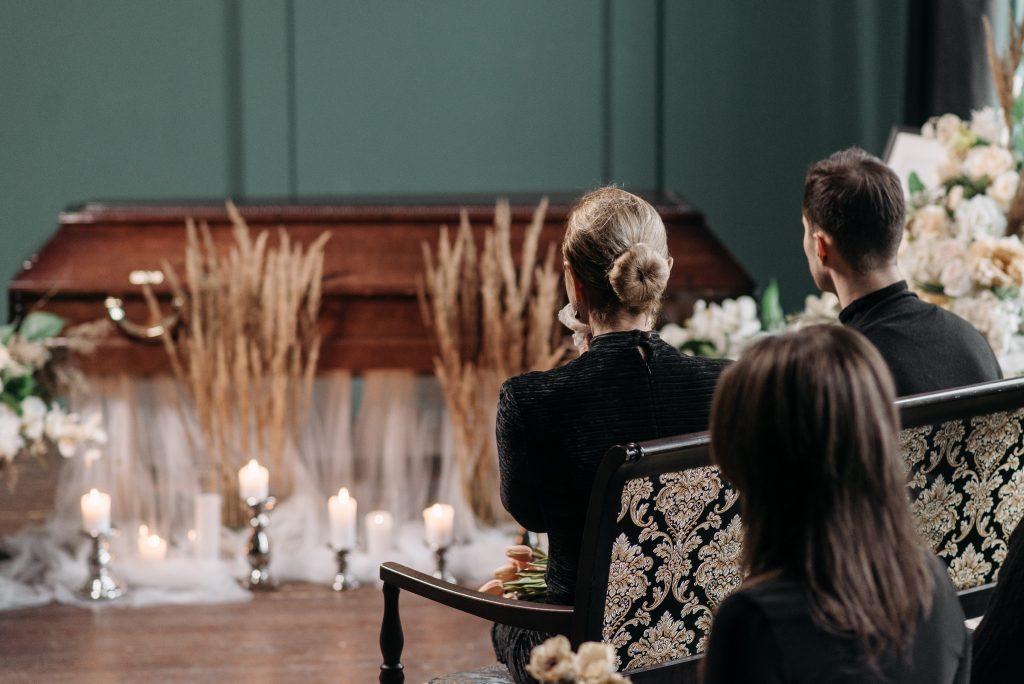Widow successfully wins 50% of her late husband’s estate despite being left out of his Will

Widow successfully wins 50% of her late husband’s estate despite being left out of his Will
This is a case involving a claim issued under the Inheritance (Provision for Family and Dependants) Act 1975 (“the Inheritance Act ”) by the deceased’s wife, Mrs Kaur. The claim was issued for reasonable financial provision for Mrs Kaur from her late husband, Mr Singh’s estate. They had a long marriage, over 66 years, yet unusually Mr Singh made no provision for his wife in his will.
Mr Singh and Mrs Kaur had 7 children together, although only 6 children survived Mr Singh, 2 sons and 4 daughters.
Mr Singh had a successful clothing business. Whilst Mrs Kaur worked in the family business, she had no stake in it, nor did she draw a salary. Mr Singh therefore controlled all the household finances throughout their marriage and Mrs Kaur was financially dependent on Mr Singh who met all the family outgoings. It should be noted that the entirety of Mr Singh’s wealth was built up during his marriage to Mrs Kaur.
Mr Singh however, made a will in 2005 in which he left his entire estate equally to his two sons. No provision was made for his wife Mrs Kaur nor any of his four daughters. This is despite Mrs Kaur having made a “full and equal contribution to the marriage” and being financially “dependent” on Mr Singh. The reason for Mr Singh’s decision to make a will in these terms was because he wanted to leave his estate “solely down the male line.”
Following her husband’s death, Mrs Kaur had to leave the matrimonial home and instead live with one of her daughters, with only welfare benefits to support her financially. She only had modest assets. Further, Mrs Kaur had a number of medical conditions, and she was registered blind.
When considering the claim, Mr Justice Peel looked at the factors relevant to the claim under s.3 of the Inheritance Act and in particular the “divorce cross check” (s. 3(2) of the Inheritance Act). This provides that:
“ In the case of an application by the wife or husband of the deceased, the court shall also, unless at the date of death a judicial separation order was in force and the separation was continuing, have regard to the provision which the applicant might reasonably have expected to receive if on the day on which the deceased died the marriage, instead of being terminated by death, had been terminated by a divorce order; but nothing requires the court to treat such provision as setting an upper or lower limit on the provision which may be made by an order under section 2.”
Mr Justice Peel went on to say “that this is the clearest possible case entitling me to conclude that reasonable provision has not been made for C (Mrs Kaur). It is hard to see how any other conclusion can be reached.”
He held that after a long marriage of 66 years in which Mrs Kaur had made a “full and equal contribution” to the family and the business and during which the family assets had been accrued, Mrs Kaur had been left next to nothing. Having considered the divorce cross-check, it clearly pointed towards an equal division of the deceased’s estate. Further, Mrs Kaur accepted that an equal division of the estate would sufficiently meet her capital and budgetary needs.
It was therefore ordered that Mrs Kaur should receive 50% of the net value of the estate and the disposition of the estate effected by the will should be varied to that effect.
Mr Justice Peel further ordered Mrs Kaur’s costs to be paid from the gross value of the estate as an administrative expense.
An interesting point to note in this case was that the court can make an order in which a percentage share of the net estate is awarded rather than a specific sum. In this case, the estate was sufficiently large (the gross value of the estate was estimated to be between £1.2m – £1.9m) and Mrs Kaur would be able to meet her needs comfortably even if the estate was at the lower end of the expected gross value.
For contentious probate practitioners, this judgment would not have come as much of a surprise, despite it receiving a lot of media attention. It should however act as a reminder that you generally cannot cut your spouse out of your will especially when they have provided a contribution over the years to their home or family.
Get in touch with our contentious probate team
To speak to a member of our expert team about a will dispute, contact us today by calling 0330 175 7615 or email us at enquiries@ibblaw.co.uk.
